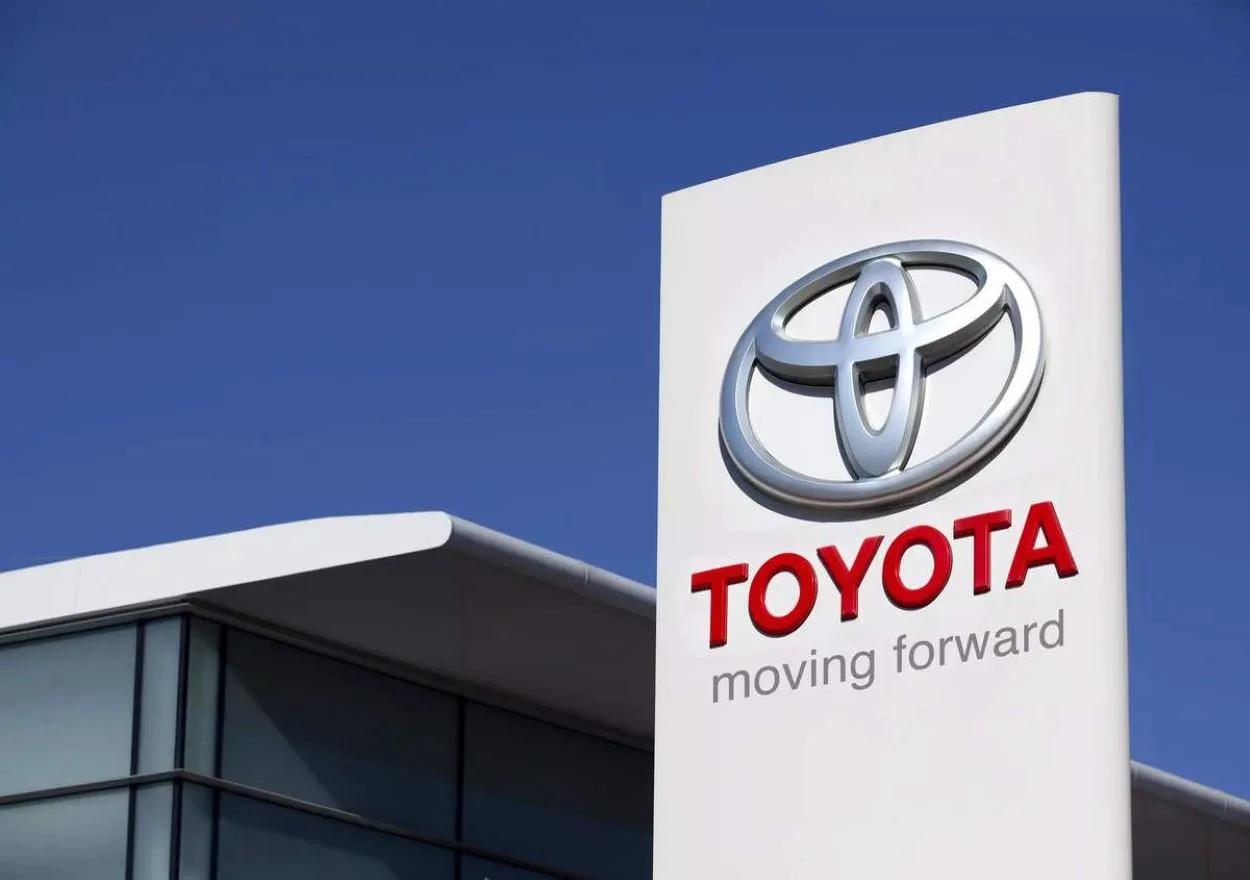Toyota is developing electric vehicles (EVs), which may lead to the transition from gasoline-only cars. Nearly three decades after launching the Prius, its groundbreaking hybrid, Toyota plans to shift its Toyota and Lexus lineup to predominantly, if not entirely, hybrid models, according to two company executives.
Focusing on hybrids rather than fully electric vehicles forms part of Toyota’s challenge against the prevailing industry expectation that future automobiles will be solely electric. In January, Toyota Chairman Akio Toyoda projected that EVs would only constitute about 30% of the global market. He advocated a diversified approach, including hybrids, hydrogen fuel-cell vehicles, and potential future technologies.
David Christ, Toyota’s head of sales and marketing in North America, mentioned, “We plan to evaluate, carline by carline, whether going all-hybrid is logical.”
This strategy will be assessed with each model redesign, starting with the forthcoming 2026 makeover of the RAV4, America’s top-selling SUV. The RAV4 already offers hybrid options, comprising about half of its sales.
Transitioning to Hybrid-Only Models
Sources familiar with Toyota’s product planning indicate that the company is highly likely to discontinue the gasoline-only versions for North America. However, a final decision has not yet been made.
Toyota will discontinue the gasoline-only Camry, America’s favourite sedan, from the 2025 model year. Other models like the Land Cruiser and Sienna minivan will transition to hybrid-only versions.
The push to adopt a hybrid-only lineup across North America, a move not previously reported, comes as Toyota aims to solidify its dominant position in a segment rejuvenated by slowing EV demand, largely due to their high cost and charging challenges.
Toyota’s hybrids, which seamlessly switch between gasoline and electric power based on driving conditions, do not require external charging. Their plug-in variants, which can be charged to run about 40 miles purely on battery, blend the benefits of both EVs and traditional engines.
Regulatory Compliance and Future Plans
The automaker’s hybrid approach offers a competitive edge under the stringent U.S. carbon emissions regulations announced in March. It could save billions in regulatory fines while allowing more time to refine EV technologies.
There are 31 current Toyota and Lexus models in North America, excluding two EVs and a fuel-cell car. Eight are exclusively hybrid, and eight remain available in gasoline versions. This strategy is expected to significantly shape Toyota’s compliance with new emissions rules, which will be in effect from the 2027 model year through 2032.
Christ remarked that certain models, such as pickups and economy cars, might take longer to convert due to price sensitivity among entry-level consumers.
Toyota aims to convert about 30% of its global fleet to EVs by 2030, focusing on electrifying existing top-sellers and investing $35 billion in new batteries and EV platforms.
In May, Toyota showcased a prototype combustion engine potentially compatible with biofuels or low-carbon synthetic gasoline, which could complement hybrid drivetrains. This innovative approach suggests starting with an EV platform and adding small engines to develop more efficient hybrids.
The first hybrid based on this new platform will likely be a Corolla plug-in, expected to debut in China in 2026 and the United States in 2027.






